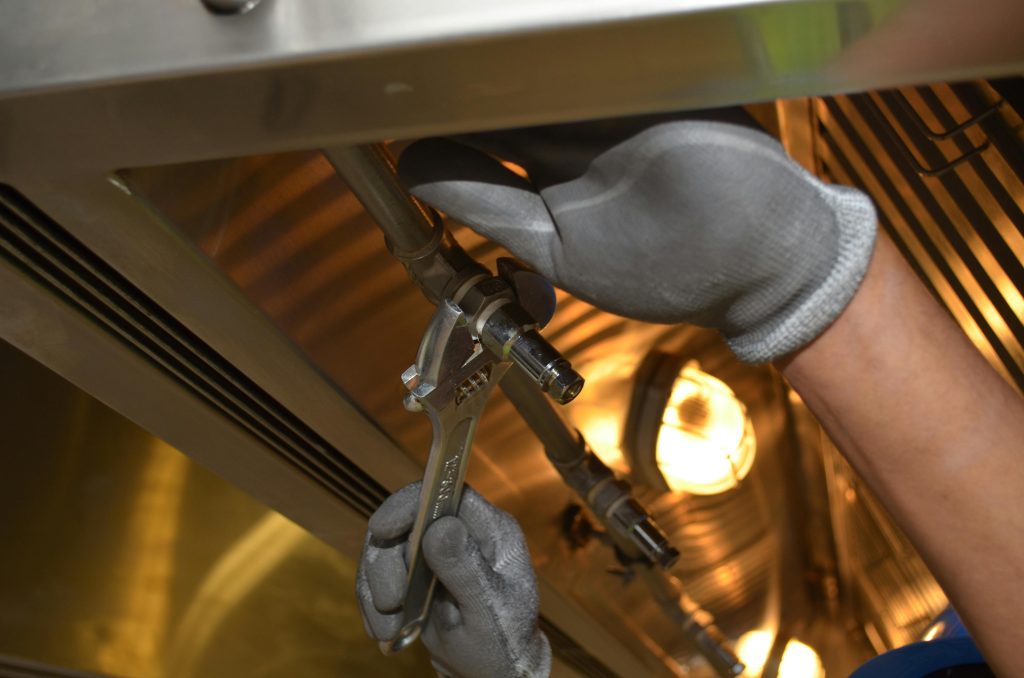Common Causes of Clogged Drains
Understanding the common causes of clogged drains can help you take preventive measures and minimize the need for frequent cleaning. In kitchens, one of the primary culprits is grease and oil. While it may seem harmless to wash these substances down the sink, they solidify as they cool, sticking to the sides of pipes and trapping other debris. Similarly, food particles, coffee grounds, and fibrous materials like vegetable peelings can contribute to clogs if not properly disposed of.

